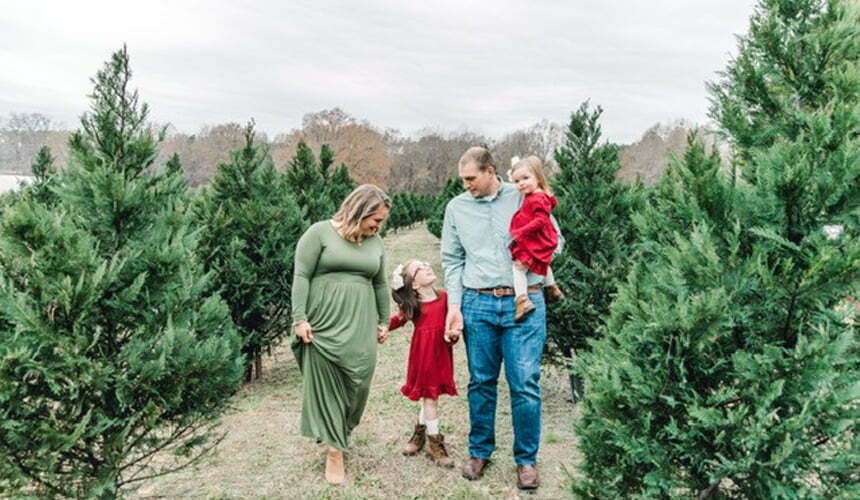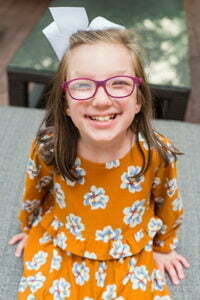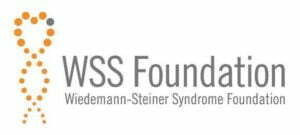

There were things in my life that happened that I had no idea how to react to or what to say. A good friend takes his life, a friend’s parent passes, a diagnosis is made, a job is lost, a spouse leaves, a friend is murdered. How does one begin to know what to say?
I became a part of the Ability Ministry family in 2009 and the greatest thing my friends affected by disability have taught me is to drop all filters and be honest. I have found the best thing to do when tragedy hits is to be honest. Simply saying I don’t know how you feel, I don’t know what it’s like but if you need to talk, I’m here, then letting them talk is wise advice.
A very good friend of mine has a great-granddaughter who is special to her family and special to me. The young lady has a rare diagnosis and I feel like part of what we do at Ability Ministry is let people share. The disability community is well connected with each other. They share good things and bad things. Experiences, stories, resolutions, and advice. That’s why we wanted to share a special blog that talks about something that is rarely talked about, even in disability circles. It’s called WSS.
I will now be quiet and let you read a blog from Abbi about a diagnosis that needs to be shared.
November 9, 2018 was the day that we had prayed for since our daughter was born 6 years and 4 months prior. It was the day that we finally had a name, a diagnosis, an “answer” to what was going on. She was born at 33 weeks and was 4lbs 13oz. When she was an infant we slowly noticed little things that concerned us: she struggled with reflux (never outgrew it), had multiple respiratory illnesses, reflux in her kidneys, had a sacral dimple, was diagnosed with Thinning of the Corpus-Callosum from an MRI, had Strabismus, Ptosis, multiple eye surgeries, Torticollis, hypotonia, developmental delays, behavioral struggles (frustration, anxiety), speech delays, and fevers that occurred monthly and if not careful would result in febrile seizures. At first we were told that it was due to her prematurity, but knew that it had to be something else and just weren’t sure what it was. With the guidance to the right specialists, we had our second round of genetic testing and after more waiting were told that one of the genes in the newest round of tests (she already had a whole exome test before) came back abnormal. We were terrified!
We received the call on Monday and had an appointment on Friday. Needless to say, that was the longest week of our lives. So many questions raced through my mind… what will we need to change? What will it mean for her future? Are we doing what we are supposed to do? Will it affect other family members? And the questions went on. But then I remembered that God gave us this beautiful child to love and protect and no matter what the answers were, He would be there just like He had been this whole time.

The first thing she told us at our appointment was, “You didn’t give up and we finally have a diagnosis!” Those words are still in my head, “We FINALLY have a diagnosis!” She didn’t give us a name at first, but read the characteristics and description to us and we were mentally checking them off in our head because each one of them described our daughter perfectly. She then explained that Wiedemann-Steiner Syndrome is a rare genetic disorder that’s from a genetic mutation in the KMT2A gene on the long arm of the 11th chromosome. Some of the characteristics of WSS are developmental delays, sleeping difficulties, feeding and digestive disorders, facial “dysmorphia” (we find them absolutely beautiful), short/petite stature, hypotonia, dental issues, hairy elbows, the most beautiful long eyelashes, etc. It was clinically described in 1989, but it wasn’t until 2012 that a gene was discovered in the U.K. by Dr. Wendy Jones and her team.
With it being a new diagnosis and very little information out there, we were directed to a parent support group on Facebook to find answers that we were looking for. As we looked at the posts and pictures in the group, we were overwhelmed by the fact that we could have written any of these posts. These parents were going through the same battles as we were and they “Got it!” However, answers were very limited, because there is very little known about WSS.
This October, the Wiedemann-Steiner Foundation hosted the International Wiedemann-Steiner Conference in Houston, Texas. Approximately 60 families from around the world were able to come together and meet, many for the very first time, other children and young adults with WSS. We got to listen to presentations from leading experts in their fields on how we can best support our warriors and were able to spend time with our very special community of people who “get it”.
There may only be approximately 700 diagnosed worldwide, but it is believed that there are more who have WSS that have either been misdiagnosed, not yet diagnosed, or have stopped searching for a diagnosis. The Wiedemann-Steiner foundation is actively involved in trying to conduct new research and spread awareness of WSS, to help those diagnosed and to be diagnosed with this rare genetic disorder. It is currently in the process of funding its very first research grant for $200,000. The majority of the funds raised were from individual family contributions and family fundraisers, which shows just how much the foundation means to the families of those with WSS.
For us, and many others diagnosed with WSS, the foundation and the community that we have gained means more than we can put into words.

The Wiedemann-Steiner Syndrome (WSS) Foundation serves as a cornerstone of knowledge for individuals affected by the syndrome, their families, physicians and researchers. Together we support and advocate for ongoing research and help those diagnosed reach their greatest potential.

